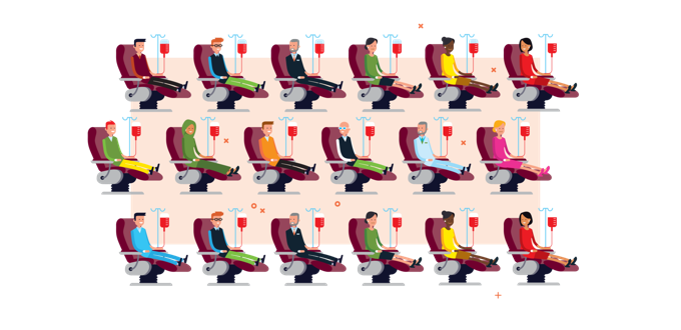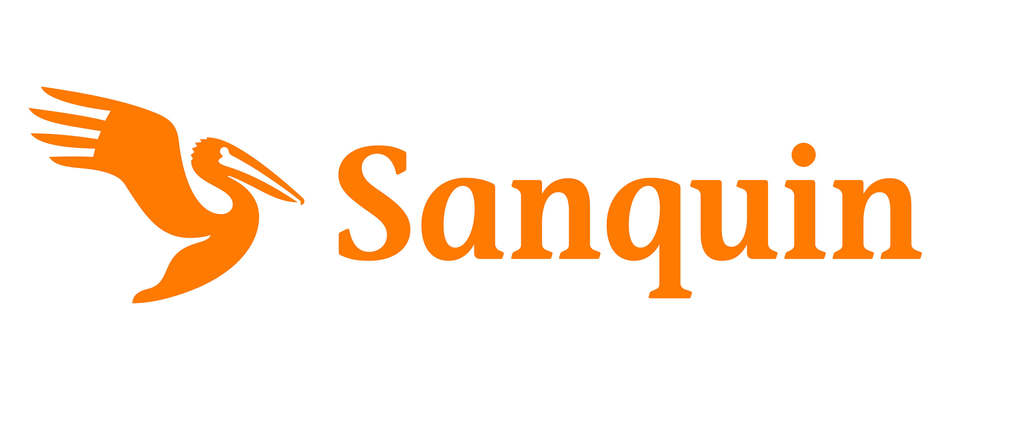 Institute for Societal Resilience
Institute for Societal Resilience
Understanding resilience through engaged scholarship
Real-world prosocial behaviour: blood donation

Why do individuals repeatedly help strangers, even at personal cost? Current evidence on prosocial behaviour is contradictory, dispersed across disciplines, limited to single-country studies, fails to take into account contextual influences, and fails to capture its dynamic nature. An integrated model is needed to better understand prosociality as a core societal value.
The aim of this project is thus to break with monodisciplinary approaches and to grasp the dynamic and contextual nature of prosocial behaviour. We propose a life course approach that links individual determinants, social network characteristics and social context.
We test the model in the case of blood donation, as an example of real-world prosocial behaviour where a stranger is helped at the expense of the donor’s personal costs.
- Status
- Active research
- Original language
- English
- Researchers
- Eva – Maria Merz, Caroline Graf; Joris Schröder; Ting Li; Marloes Spekman; Steven Ramondt; Samira Chatila
The behaviour of blood donors is sensitive to the costs imposed by the blood banks. Donors whose nearest donation site was closed were 53% more likely to stop. This risk increases with each additional kilometre of travel distance. Blood donation is therefore not exclusively motivated by altruism.
Barriers to blood donation on social media: An analysis of Facebook and Twitter posts.To better understand donor behaviour, several observational studies have examined barriers to blood donation. This study used data from Facebook and Twitter to enhance existing research on barriers to donation and associated emotions communicated by both donors and non-donors through social media.

Sanquin blood supply

European council of enquiry